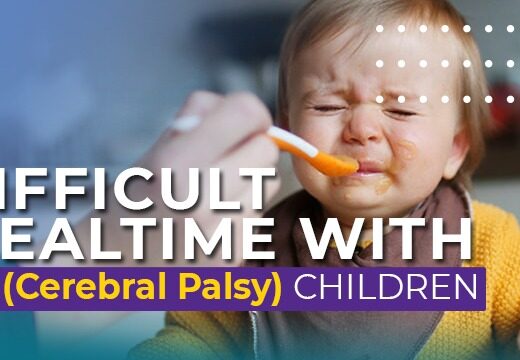Are you a new parent? We understand that you will be eager to learn how things are progressing. Among all the concerns that parents have, language delay in toddlers are a top priority for many. As a parent, you should be aware that age of the child can vary from learning skills and completing milestones, similarly the age at which children learn language and start responding can also vary.
Language delay are the most common type of developmental delay. One in every five children learn to talk or use words later than their peers of their same age. Some children may exhibit behavioral issues as a result of frustration for not being able to express what they need or want.
Understanding toddler’s speech or language delay
When it comes to speech and language delays, it’s important to know that they’re not the same thing. A child with language delay frequently uses words correct way possible however, they may be limited to only two words. On the other hand, a child with a speech delay uses phrases and words, but they can be difficult to understand. These are the ways to recognize speech delay and language delay.
If you suspect that your baby has a delay in speech or language development, you should identify whether they can respond to sound or can vocalize. If you notice that the child is not responding to the same, you should immediately consult a speech-language therapist and get them checked.
The general developmental milestones of first 2 Years
As mentioned, children might develop at different rates. However, you must also consider some broad guidelines for developing specific developmental skills. Furthermore, if you notice a language delay in your toddler, you should lookout for specific indicators/ symptoms that confirms you to consult a doctor. These are the following:
- The child should be able to use certain gestures like pointing or waving bye-bye by 12 months of their age.
- After 18 months of development if the child still prefer gestures to communicate, having difficulty imitating sounds or the child is still having difficulty understanding simple words the you need to be cautious about their development.
- After the age of two, if they only imitate speech or actions and cannot produce words or phrases on their own, it’s a high time to get the child checked.
Know what a typical two-year-old should be able to do:
- The child usually speaks in two-word phrases. These can be words like “good-bye.”
- The child is usually able to follow two-step commands.
- The child can usually name simple objects.
- At this age, the child should have a vocabulary of 50 or more words.
- As a parent, you should be able to understand at least half of what they say.
Causes of Speech delay
An oral impairment- specific problems with the tongue or palate
A short frenulum (the fold beneath the tongue), which can limit tongue movement
Hearing problems
Autism
After identifying the issue, it must be addressed and treated. The treatment can be assisted by a speech and language therapist.
Speech Delay Due to Autism
Parents of an autistic child frequently report difficulties or delays in their child’s early development till the age of two, but diagnosis is often not made until the child is four years old or older. Early intervention programs before the age of four is thought to improve outcomes for autistic children. Those children who are diagnosed with autism after the age of four may miss out on early intervention.
A number of studies have attempted to describe the early features of autism in infants and preschool children in recent years. Some studies conducted interviews with parents to determine which problems initially concerned them the most, while others observed children in controlled play and assessment situations.
How Can Parents Help?
Parents play an important role in assisting children with speech or language disorders. Here are some ideas for encouraging speech development at home:
Focus on communication. Talk to your baby, sing to him, and encourage him to imitate sounds and gestures.
Read to your child. Start to read to your child when he or she is a baby. Look for age-appropriate soft or board books or picture books that encourage children to look at the pictures while you name them.
Use everyday situations. Talk your way through the day to help your child’s speech and language development. Name foods at the supermarket, explain what you’re doing while cooking or cleaning a room, and point out objects around the house. Maintain simplicity while avoiding “baby talk.”
Early detection and treatment of speech and language delays is the best approach. If you have any concerns about your child’s speech or language development, contact your doctor.



